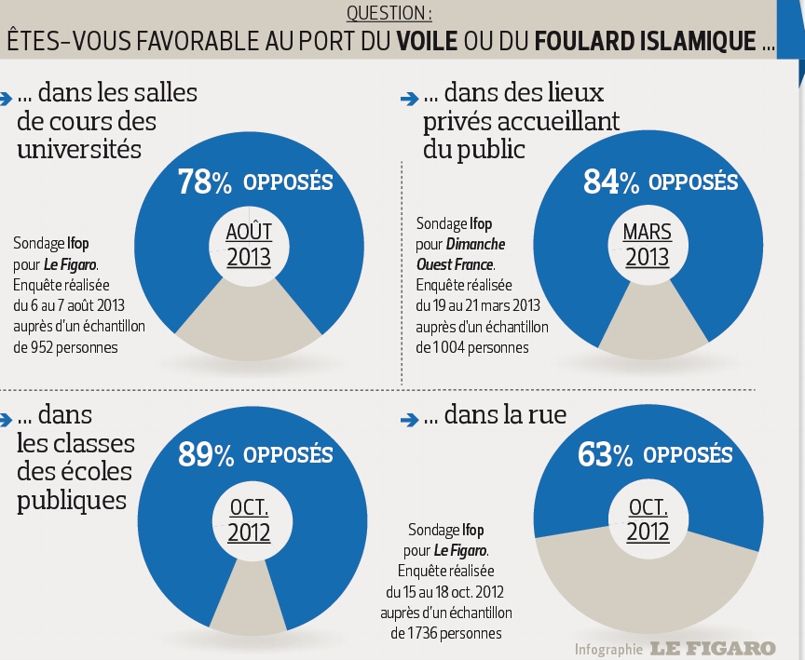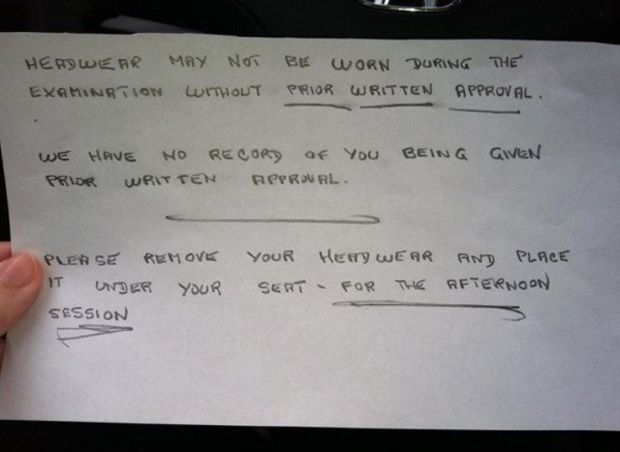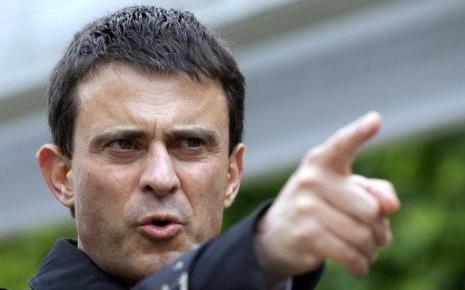On September 22, Ticino will become the first Swiss canton to hold a referendum on banning face-covering headgear in public places. Political commentators say the initiative has good chances of being accepted.
Burkas, full-body cloaks worn by some Muslim women, especially in Afghanistan, are few and far between in the Italian-speaking canton in southern Switzerland. According to official estimates, only about 100 women in Switzerland wear them.
“Hand on heart: who has ever seen a burka in Switzerland?” began an editorial in the Neue Zürcher Zeitung in 2010, after canton Aargau tried to get a nationwide ban on burkas in public places (thrown out by the federal parliament two years later). “You might see a few Arab tourists coming out of expensive boutiques in Zurich’s Bahnhofstrasse or Geneva’s Rue du Stand – but out in the sticks?”
The Ticino initiative does not explicitly target Muslims – the phrasing to be voted on is “nobody in public streets or squares may veil or hide their face” – but in practice it means women in burkas. The law would apply to burkas and niqabs, Arabic face coverings with a slit for the eyes often worn as part of a full-body covering, but not to headscarves.
Until now, burka bans haven’t stood a chance in Switzerland. Yet pundits believe Ticino could write history and become the first canton to introduce a ban on all face coverings – similar to the controversial one already in force in France – into the cantonal constitution.



